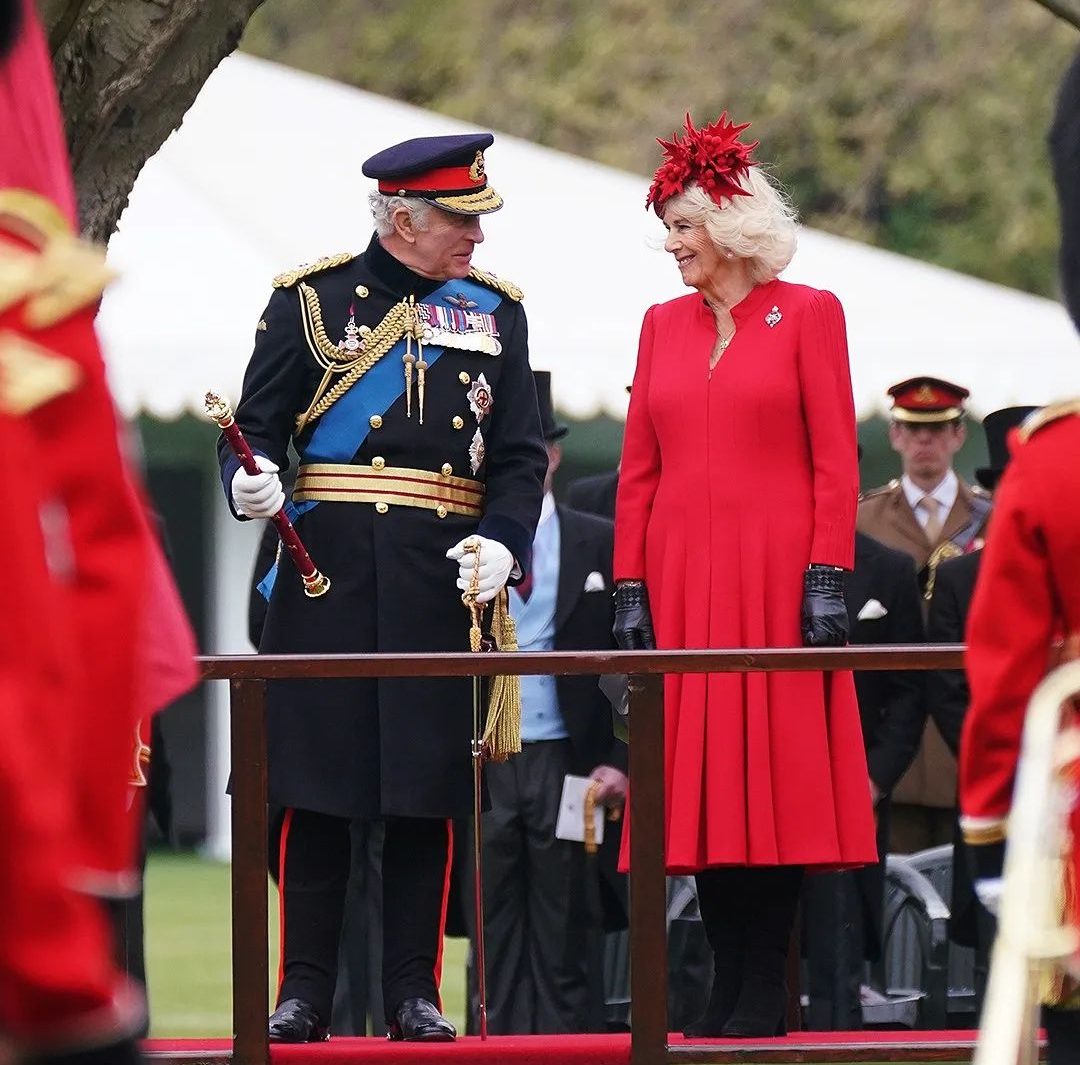It’s almost like we’ve travelled back in time – the French are revolting, the world is drowning in inflation and the UK is about to coronate a new King. It’s the end of an era but nothing beyond the surface has changed.
In a week, King Charles’ coronation will take place in the UK in a regal ceremony – as expected, not everyone is looking forward to it. Thousands of anti-monarchists are planning to protest along the coronation procession route.
“This is the moment we make our objection loud, visible and impossible to ignore,” reads a statement by the Republic, one of the UK’s leading anti-monarchist groups. More than 1,300 people have pledged to protest, with more participants expected to sign up in the coming week. On the other hand, support for the monarchy within the UK is dwindling day by day – as even the most long-standing defenders don’t have much faith in King Charles as they adored the late Queen Elizabeth II.
Just 412 street parties have registered for the coronation so far compared to the estimated 16,000 that were organised for the platinum jubilee last year – and that’s also possibly because the number of people who are simply indifferent to the monarchy has also increased over the past couple of years. A recent YouGov study found nearly two-thirds of people either don’t care at all or care very little about the coronation.
Even outside of the UK, the Royal Family is slowly losing momentum. Including the UK, Australia, Canada, and more, the Commonwealth Realm consists of 14 sovereign states that still consider King Charles the head of state. But statistics show that they don’t want it that way. The monarchy’s popularity in Canada has fallen to its lowest level in 14 years, suggests a new poll released by Research Co. In 2021, Barbados finally broke ties with the monarchy and became a republic – and other commonwealth realms in the Caribbean want to follow suit.
Australia has mixed opinions, though. Many Australians want to retain the Monarchy, believing that it brings a stable government. In New Zealand as well, the majority are in support of a monarchy.
Much of the opposition comes from younger generations. The Royal Family has gained newfound popularity in recent years – thanks to Netflix’s The Crown and a resurgence of supporters who empathize with Lady Diana. On top of that, reports of Prince Andrew’s connections with paedophile and convicted sex trafficker Jeffrey Epstein rocked their reputation even more.
While so many are indifferent towards this issue and are of the opinion that ‘if it ain’t broke, don’t fix it’ – the opposition’s frustration also makes sense. Earlier in March, King Charles and Camilla were heckled by anti-monarchy protesters during a royal visit to Colchester. The group greeted the King with placards and a megaphone questioning the cost of the visit to taxpayers and asked the King why he continued to protect his brother, Prince Andrew. According to reports, the estimated cost of King Charles’ coronation – which falls to taxpayers to foot the bill of course – is double that of the Queen’s coronation back in 1953. It’s clearly a slap in the face of the millions of Britons suffering from a cost-of-living crisis.
The King is the UK head of state. His powers are purely symbolic and ceremonial, and he remains politically neutral. Although he does majorly influence the commonwealth’s legislation – and people are increasingly irked by the millions of taxpayer money that go into funding the lush lifestyle of the royals. If the monarchy was abolished, then the Queen’s consent or King’s consent would also disappear. There would be no royal family to influence the country’s legislation. The people of Britain would have a more fair and even democracy. Britain obviously loses more than it gains from the monarchy.
The UK’s lack of a codified constitution means there are no distinct rules on how the UK would abolish its monarchy. Technically, they could do it with a law passing through Parliament like any other, which any Government with a majority could push through if its MPs all united on the issue. It’s only just a matter of when.




